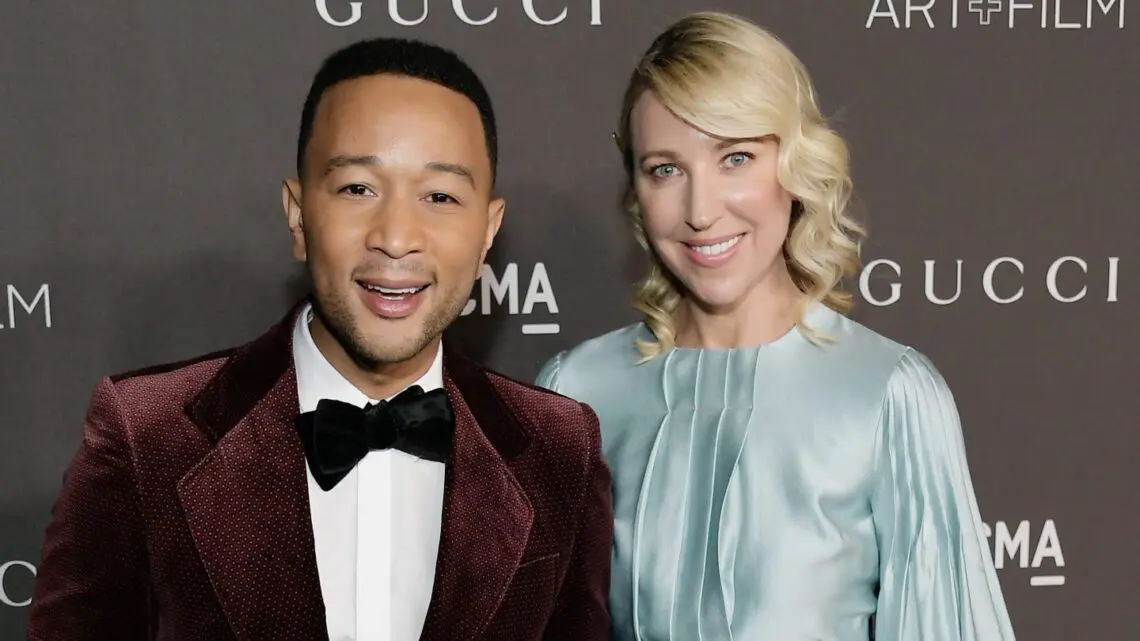Unmasking the music industry: challenging abuse and aspiring for change
The shadow of scandal over the music industry
In recent times, the music industry has faced intense scrutiny, highlighted by troubling allegations against prominent figures. Most notably, Sean “Diddy” Combs is currently facing serious sex trafficking allegations. This controversy has spurred a broader reflection on the systemic issues within the music world, inspiring influential industry insiders to speak out against deeply entrenched toxic practices.
An insider’s perspective on pervasive abuse
In a powerful op-ed, a renowned music manager has shed light on the pervasive predatory culture within the music industry. She narrates gripping personal experiences, exposing how the industry has long fostered an environment that allows sexual misconduct and exploitation to thrive unchecked.
The manager recalls a harrowing incident that occurred 27 years ago at a yacht party in St. Barts, hosted by none other than Combs himself. She recounts how she managed to escape potential danger by persuading an associate to unlock a bedroom door. Looking back, she realizes this was just an indicator of the systemic rot within the industry. Power has been concentrated in the hands of wealthy, entitled, and predominantly male gatekeepers who have used their influence to exploit and abuse emerging talents.
Unsafe spaces and systemic issues
The op-ed highlights how women in the music business have been unsafe in recording studios, on tour buses, in green rooms, and in offices. This isn’t a mere glitch in the system; it’s a core feature of the industry’s structure. The arrest of Combs has led some to hope for a #MeToo-style reckoning within the music world, but the manager warns against simplifying the issue to a few notorious individuals. Instead, she argues, the focus should be on addressing the deep-rooted, systemic rot that enables such behavior.
Evolving from exploitation
Despite the grim picture, there is a glimmer of hope. The industry gatekeepers, once seemingly invincible, are losing their grip. They might still wield influence, but the mechanisms of success are changing. A perfect illustration of this shift is the journey of Gen-Z star Chappell Roan, who fought with her label to release the hit single “Pink Pony Club.” When conventional marketing strategies didn’t yield immediate success, Roan’s label dropped her. However, she forged ahead independently, building a robust social media presence and attracting new distribution deals and financial backing. This story underscores a new reality: The days of gatekeepers are numbered.
Resilience and hope for a better future
The manager recounts her own harrowing experiences with industry predators, such as an incident during her MBA days when a senior music executive made an overtly inappropriate advance. This relentless culture almost drove her away from the industry. However, a call from an old college friend—who would become a celebrated artist—rekindled her passion for the business. Together, they aspired to create a new model of music industry culture.
A call to remake the music industry
Reflecting on these experiences, she questions how many women have abandoned their dreams due to similar traumas. How many artists, producers, and executives have been coerced, silenced, and exploited? The industry owes it to survivors of sexual assault and misconduct to unearth and address these abuses. More importantly, it must transform itself into an environment that values and respects the creativity and humanity of its artists.
The ongoing legal battles
Adding to the gravity of the situation, Combs faces a wave of new lawsuits. One alleges that he drugged and sexually assaulted a 10-year-old boy in a New York hotel room in 2005. Another accuses him of similarly assaulting a 17-year-old aspiring contestant on a reality TV show in 2008. These lawsuits are part of a broader surge, with 120 cases of alleged sexual assault over the past two decades.
Combs and his legal team maintain his innocence, expressing confidence in the judicial process and asserting that he never engaged in any sexual assault or trafficking.
Moving forward
The revelations in the op-ed serve as a crucial reminder that the music industry must confront its deep-seated issues. By addressing systemic abuses and supporting survivors, we can hope to build a more equitable and respectful music world.
If you’ve found this article insightful, feel free to share it on social media or follow our site for more updates and in-depth analyses of the entertainment industry.

 Italian
Italian







